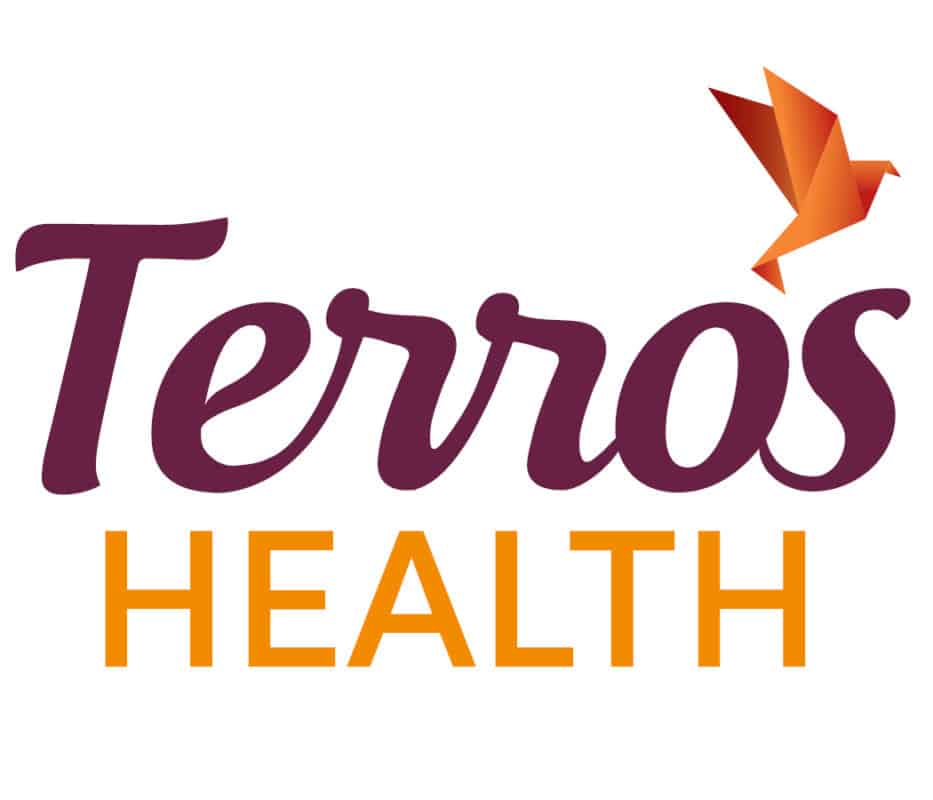In honor of February being Heart Health Month, we partnered with Terros Health to bring awareness to facts, figures, and advice to women in the community. Hear from Peggy J. Chase, President and CEO of Terros Health, on essential heart health information.
What is the most shocking statistic or figure about heart disease?
Heart disease has traditionally been considered a “man’s disease,” now women outnumber men in cardiovascular deaths. Many facts about heart disease are startling, including that heart disease is the No. 1 killer of men, women and people of most racial and ethnic groups in the United States, claiming the life of an American every 36 seconds. Perhaps most alarming is having a woman I know suddenly and unexpectedly die from heart disease who is much younger than me!
What are the symptoms and warning signs of heart disease?
Some common warning signs of heart disease are tightness in the chest, a shortness of breath and an abnormal heartbeat, plus dizziness, jaw pain, fatigue and swelling of the legs, feet and ankles. What most people do not know is that the symptoms and warning signs differ between men and women. Women may feel tired and fatigued but may not have chest pain. Their symptoms also may start up to two weeks before a heart attack, whereas there may be a sudden onset of pain or other symptoms in men. Often times women will minimize their symptoms, thinking it is something else and thereby delay treatment.
When should you seek medical care?
If symptoms are present, seek immediate treatment! This is especially urgent if they are at risk for heart disease. Among the risk factors are obesity, high blood pressure, high cholesterol, smoking, and obesity. A great approach is to manage your heart health as part of an overall wellness plan. Get an annual heart check-up just as you would schedule a general physical, a mammogram or dentist visits. You only get one heart.
What should you do to have a healthy heart?
For starters, maintain a heart-healthy eating style and be sure to move. You do not have to run a marathon or lift weights to move. One of the best ways to take care of your heart is by walking at least 5,000 steps per day. This could include walking the halls of the office, taking extra steps inside your home, or walking around your neighborhood.
Know your numbers – blood pressure, cholesterol, blood sugar and other levels that could be triggers for heart disease. Once you know your numbers, you can set goals to improve them and thereby improve your heart health. Your family health history may be a factor however, your lifestyle makes the biggest impact on your heart.
Finally, remember to take care of your mental health. Just like physical conditions can put you at risk for heart disease, so can stress, anxiety and other ailments that affect your emotional well-being. Meditation and other relaxation techniques are excellent ways to care for your heart. Essential oils, music, massage can make a positive difference, too.
What are some heart-healthy foods and nutritional tips?
Drink at least eight glasses of water each day. Eat plenty of fruits, vegetables, whole grains, low-fat dairy products and lean proteins like poultry and fish. Limit saturated fat, trans fat, sodium, red meat, sweets and sugar-sweetened vegetables and consider a gluten-free diet. Of course, all of this is easier said than done, so try cutting out the bad foods in small steps, like swapping water for soda and crunchy vegetables for chips. Seek out healthy treats, but do not deprive yourself of all treats. Remember: everything in moderation. Multivitamins and supplements such as Omega-3 fatty acids, D3 and magnesium help protect the heart, too.
Are there any heart health risks that are specific to or more prevalent in women?
Pregnancy complications and menopause can be triggers for heart disease. During menopause, low levels of estrogen pose a significant risk of developing the disease, while high blood pressure or diabetes during pregnancy can increase the mother’s long-term risk of having these chronic conditions and increase the risk of heart disease. Mental stress, depression and smoking also can have detrimental effects on women more than men. There are also the risks of awareness and action – or lack of it. Despite far-reaching public education campaigns, just 56% of women recognize that heart disease can be deadly for them. In fact, heart disease is the leading cause of death of women in the United States, accounting for one-fifth of deaths in five females. And heart disease does not discriminate, affecting women regardless of age, race and ethnicity.
What are some of the best ways to ensure your whole family stays heart healthy?
Healthy connections are the elixirs for a healthy heart. Be sure to make time to enjoy your family (it’s easier now than ever due to COVID-19). Make heart health a family affair by scheduling (multiple times per week) physical outings/exercise together. And plan a weekly meal menu and consider prepping foods together so everyone has a role in maintaining a heart-healthy lifestyle.


